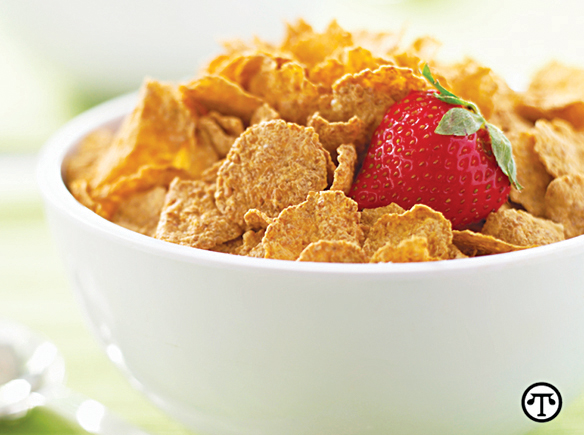(NAPS)—It may not be the first thing most people think about when it comes to looking fit and living healthfully, but dietary fiber can be good for just about every, well, fiber of your being.
These facts may provide you with some food for thought on adding more fiber to your diet.
How To Add Fiber To Your Diet
(NAPS)—It may not be the first thing most people think about when it comes to looking fit and living healthfully, but dietary fiber can be good for just about every, well, fiber of your being.
These facts may provide you with some food for thought on adding more fiber to your diet.
How To Add Fiber To Your Diet
It’s wise to get fiber from the food you eat. To do so, pick foods that are naturally high in fiber such as fruits, vegetables, whole grains, and products that have been fortified with added fiber. Read the labels of the foods you buy and try to find those that provide 10 percent or more of the Daily Value for fiber. Eat a variety of different types of dietary fibers to get all of the benefits dietary fibers have to offer.
Fortunately, it’s easier than ever to find foods that are high in fiber. Lately, the food industry has begun adding dietary fibers to a myriad of foods and beverages that people enjoy every day. Added dietary fibers can now be found in yogurt, cereals, breads, fruit juices, milk, tortillas, baked goods, ice cream, hard and chewy candies, and nutrition supplement bars and beverages.
However, it’s important to remember that people should try to eat a variety of different types of dietary fibers to get all the benefits that dietary fibers have to offer.
Why To Add Fiber To Your Diet
The health benefits of dietary fiber include:
• Weight management: Scientific studies consistently show that the more fiber in your diet, the lower your risk of obesity.
• Improved digestion: Some dietary fibers can help regulate your digestion and help your intestines defend you from germs.
• Lower cholesterol: Certain dietary fibers reduce the risk of heart disease by helping to lower blood cholesterol.
• Reduced glycemic response: Some dietary fibers can slow down the absorption of glucose and lower the glycemic effect of food.
• Healthy microflora: Some dietary fibers can give a boost to the beneficial bacteria in the intestine (and defeat the bad ones) to help them fight inflammation and possibly even cancer.
• Increased mineral absorption: Certain dietary fibers help the body to better absorb minerals, especially calcium.
• Increased insulin sensitivity: Some dietary fibers have been shown to improve insulin sensitivity.
• Increased satiety: Research suggests that some fibers can encourage the body to produce hormones that leave you feeling fuller, longer.
No single fiber or food provides all of these necessary health benefits. So you need to eat a wide variety of fiber-containing foods to improve your well-being.
Where To Learn More
For further information on fiber, visit www.fiberfacts.org.
©iStock.com/eddieberman



















